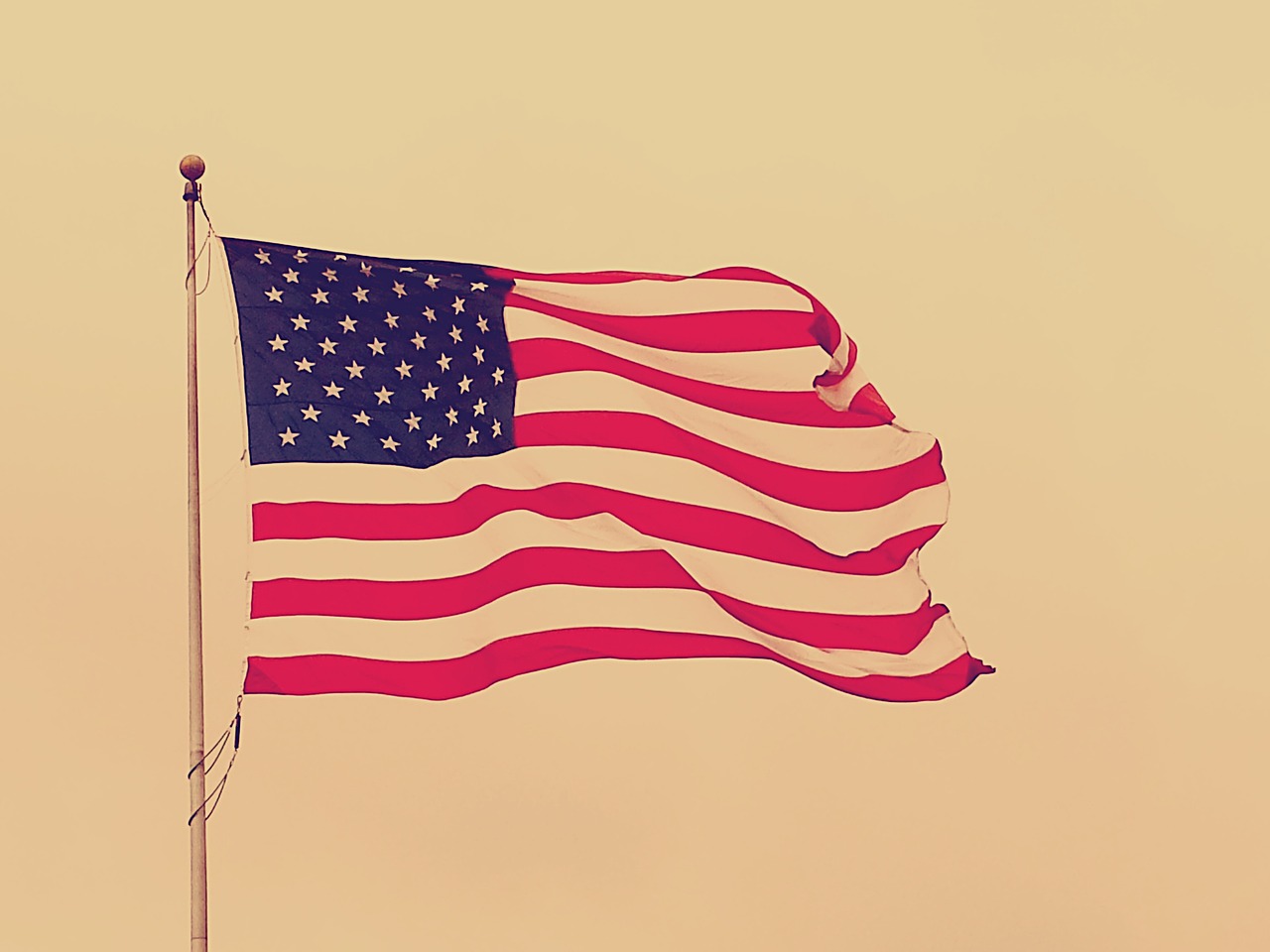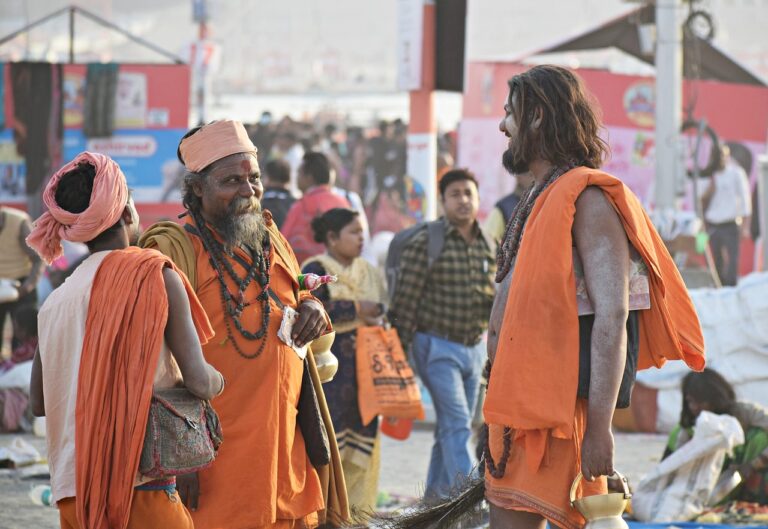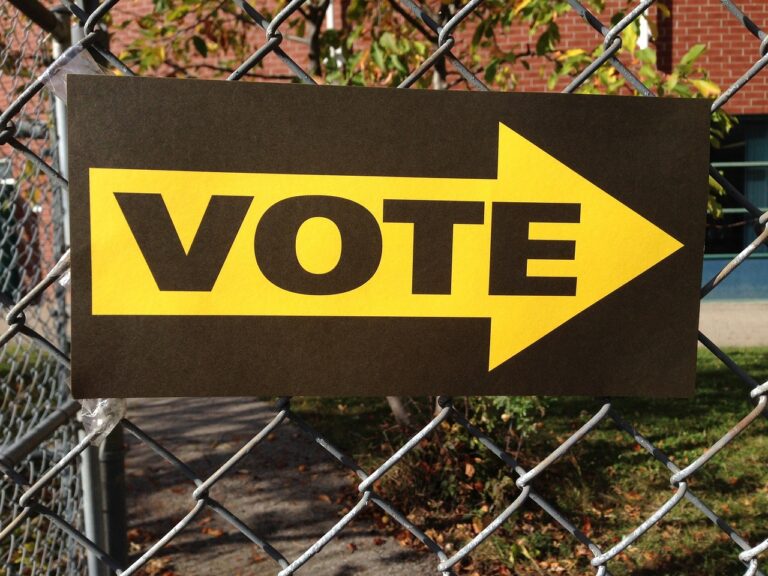Political Parodies and Their Role in Campaign Strategies
Political satire has a long-standing tradition in campaigns around the world. Dating back to ancient Greece and Rome, political figures have been mocked and critiqued through the use of humor. In the 18th century, satirical cartoons became a popular medium for critiquing politicians and policies, with artists like James Gillray and Thomas Nast using their work to influence public opinion.
As mass media evolved in the 20th century, political satire found new platforms through radio, television, and eventually the internet. Shows like “Saturday Night Live” and “The Daily Show” have become well-known for their satirical take on political figures and events, reaching a wide audience and shaping public perception. Today, social media has further amplified the impact of political satire, with memes and videos spreading quickly and influencing public discourse.
The Purpose of Using Humor in Political Ads
Humor has long been used as a powerful tool in political advertisements to capture the attention of viewers and make a lasting impact. By infusing humor into campaign ads, politicians aim to connect with voters on a more personal and relatable level, creating a sense of camaraderie and understanding. Funny political ads can serve as a way to humanize candidates, showing their lighter side and making them seem more approachable.
Furthermore, humor has the ability to break through the noise of negative campaigning and political mudslinging, providing a breath of fresh air amidst the often tense and serious nature of election season. Through clever jokes, witty satire, and comedic sketches, political ads can not only entertain the audience but also convey important messages in a more digestible and engaging manner. By leveraging humor, candidates hope to leave a lasting impression on voters and differentiate themselves from their opponents in a memorable way.
Humor in political ads helps politicians connect with voters on a personal level
Funny ads can humanize candidates and make them seem more approachable
Humor breaks through the negativity of election season and provides a breath of fresh air
Clever jokes, satire, and comedic sketches make important messages more engaging to viewers
Candidates use humor to leave a lasting impression on voters and stand out from their opponents
How Political Parodies Influence Public Opinion
Political parodies have become a prominent tool in shaping public opinion during election campaigns. By using satire and humor to exaggerate political figures and events, these parodies are able to attract and engage a wide audience. Through clever and often witty commentary, they can effectively highlight the strengths and weaknesses of candidates, policies, and ideologies.
Furthermore, political parodies play a crucial role in providing a different perspective on political issues and candidates. By offering a comedic take on serious subjects, they can help break down complex political ideas and make them more accessible to the general public. This can lead to increased awareness and understanding of key issues, ultimately influencing how voters perceive and evaluate political figures and their platforms.
What is the history of political satire in campaigns?
Political satire in campaigns dates back to ancient times, where politicians and leaders were often mocked and criticized through various forms of humor and parody.
Why do political ads use humor?
Humor is used in political ads to engage and entertain viewers, as well as to make political messages more memorable and impactful.
How do political parodies influence public opinion?
Political parodies can shape public opinion by highlighting the absurdity or flaws in political figures or policies, leading viewers to question and reevaluate their beliefs.
Are political parodies effective in swaying public opinion?
While political parodies can be influential in shaping public opinion, their effectiveness ultimately depends on the individual’s receptiveness to humor and satire.







